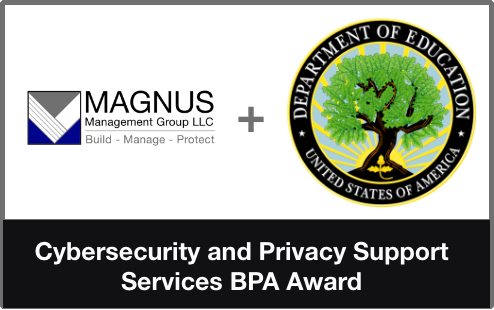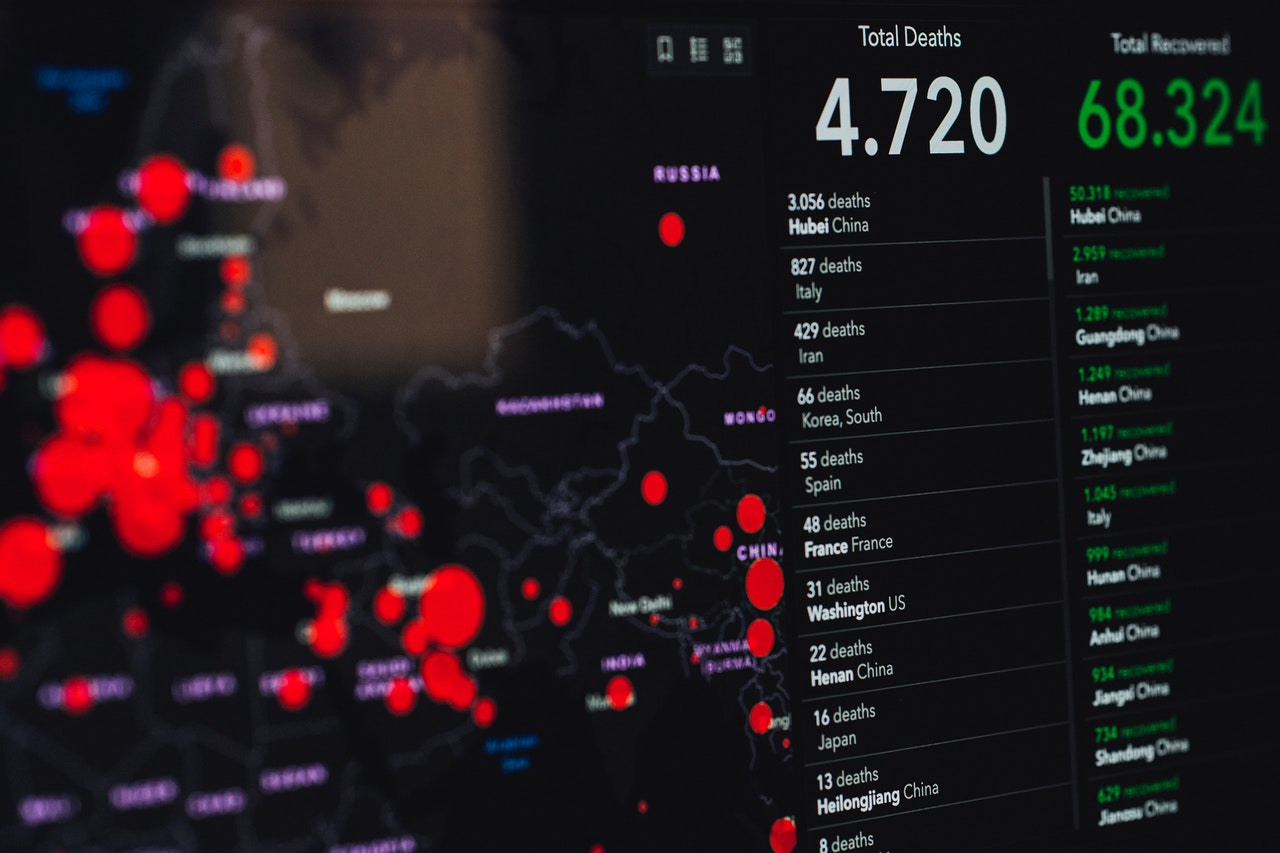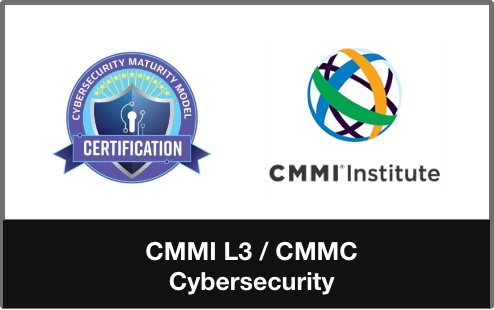Quantum-resistant cryptography
Quantum-resistant cryptography refers to the study and development of cryptographic methods that can resist attacks by quantum computers. These computers use the principles of quantum mechanics to perform certain types of calculations much faster than classical computers, which poses a significant threat to current encryption methods.
.
Most of the widely used encryption algorithms, such as RSA and Elliptic Curve Cryptography, rely on the difficulty of factoring large numbers or computing discrete logarithms. These problems are known to be solvable in polynomial time on a quantum computer, which means that these algorithms could be easily broken by a sufficiently powerful quantum computer. Quantum-resistant cryptography, on the other hand, relies on mathematical problems that are believed to be hard even for quantum computers.
.
It is important to note that quantum-resistant cryptography is not quantum-proof, and it is still an active area of research. The security of these algorithms may change as the development of quantum computers progresses, and new types of attacks may emerge. Therefore, it is crucial for the cryptographic community to continually evaluate and improve existing quantum-resistant algorithms and to develop new ones as necessary.
.
To download the full whitepaper please fill in the below form at the end of which the white paper will be available for download.
.















